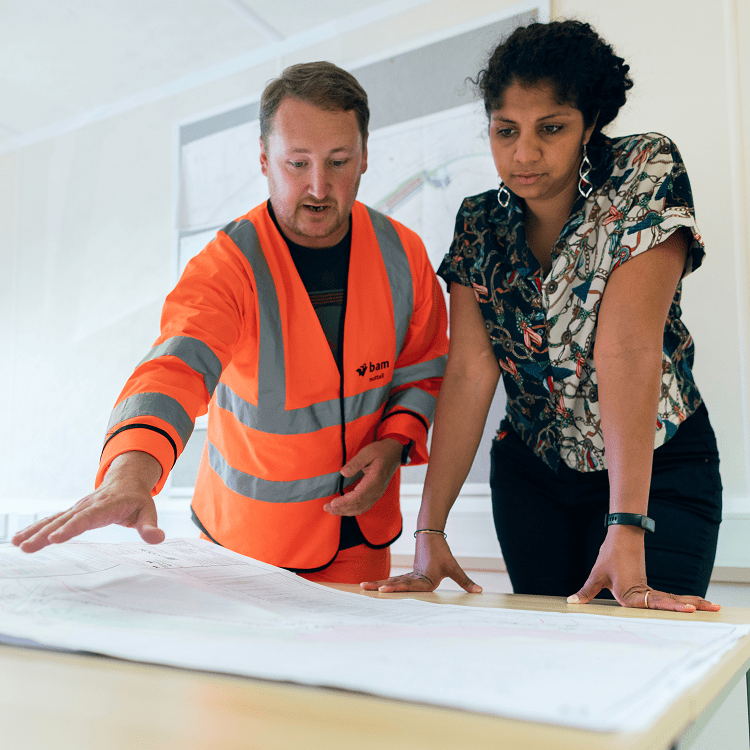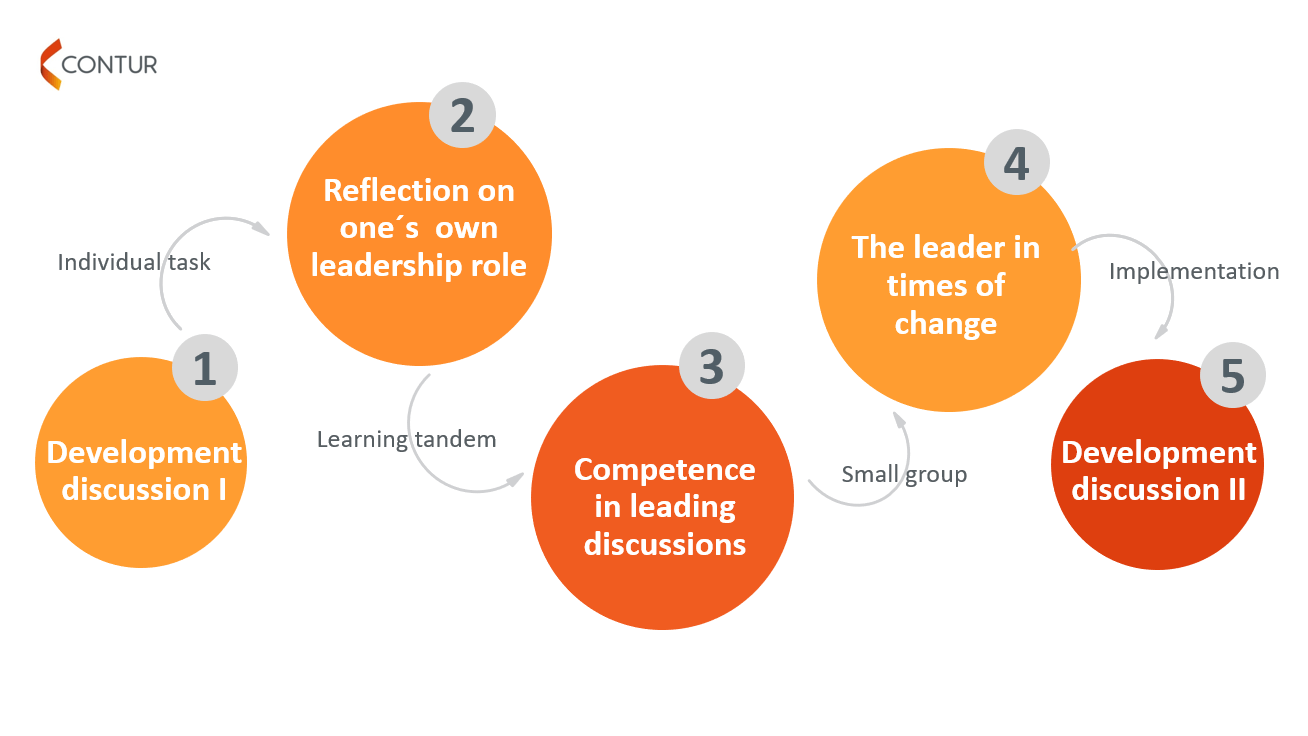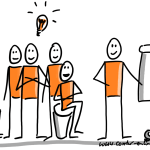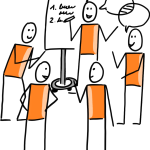Production &
production related areas

Leading in production
The industrial working day differs significantly from other areas of work: quality and quantity orientation, shift work, large manager-to-staff ratios and value creation processes based on the division of labor, all combine to make production an exciting area.
In particular, the acute shortage of skilled workers, collaboration and work organization, as well as the management of (intercultural) teams, confront people and organizations with special challenges.
In order to achieve the corresponding effectiveness of our personnel and organizational development measures, we take into account the appropriate framework conditions and focus all our efforts on the specific requirements of your day-to-day business.
On-site, online and international
Over 2,500 participants from 3 different continents
Over 25 years of experience
Our expertise
- Development of business leaders
- Improving group and team collaboration in shift systems
- Strategy development to achieve common goals in production settings
- Accompanying groups or individuals in change processes
- On-going training of technical trainers
- Sensitization of multicultural teams
- Facilitation of workshops
Target Groups

Target Groups
In our training programs we accompany both managers from various manufacturing areas, and also from technical teams such as production control, production planning, warehouse management, logistics, quality management, maintenance and repair, technical services and maintenance, etc.
Our concept
What makes us different? Each of our programs is unique.
Our learning journeys and learning architectures are customized to fit your organization’s unique characteristics, culture and values.
Talent program
Development program
Leadership workshop
Leadership workshop

How to be effective through individual learning journeys
- Interactive modules based on the client’s values, with a high practical content and peer mentoring
- Fixed group of max. 12 participants
- Transfer phases between the modules of approx. 6-8 weeks, to work through the transfer tasks and intensify the networking among the participants
- Networking among themselves and within the company to synchronize leadership behavior
- Guidance of the participants by the direct manager, e.g. dialogues on the basis of predefined questions on goal setting
- Involvement of the management team: in the form of motivational speeches or informal dialogues and fireside evenings, etc.
- Modules take place as in-house events on the customer’s premises or in a seminar hotel.
- Plant tours – also through the production facilities of other industries/customers
- Target group oriented, practical and interactive implementation of the program content
What challenges are you facing? We are available for a no obligation exchange of information as your sparring partner. Please do not hesitate to contact us!
Topic-specific offers

Leadership skills in production
Jens Witte: training on the shopfloor (video is in German)
contact person
Questions? Feel free to contact us!


Jens Witte
Consulting personnel and organizational development
contact person
Questions? Feel free to contact us!






